

Cybersecurity |
Sponsored by |

|
 As the global digital order enters an era of intensifying geopolitical tension, debates over digital sovereignty have re-emerged as a defining fault line in Internet governance. At stake is not merely who controls data or infrastructure within national borders but whether the vision of a globally interoperable, open Internet, one of WSIS's founding principles, can be meaningfully sustained.
As the global digital order enters an era of intensifying geopolitical tension, debates over digital sovereignty have re-emerged as a defining fault line in Internet governance. At stake is not merely who controls data or infrastructure within national borders but whether the vision of a globally interoperable, open Internet, one of WSIS's founding principles, can be meaningfully sustained.
 On 17 May 1865, 20 European states convened to establish the International Telecommunication Union (ITU) to streamline the clunky process of sending telegraph messages across borders. 160 years later, ITU's anniversary is more than a mere commemorative moment; it is a stark reminder that multilateral cooperation is beneficial and necessary in our increasingly interconnected world.
On 17 May 1865, 20 European states convened to establish the International Telecommunication Union (ITU) to streamline the clunky process of sending telegraph messages across borders. 160 years later, ITU's anniversary is more than a mere commemorative moment; it is a stark reminder that multilateral cooperation is beneficial and necessary in our increasingly interconnected world.
 The introduction of GDPR in 2018, and the subsequent tightening of privacy regulations around the world, was a necessary step toward protecting user data. Consumers gained critical rights over their personal information, and companies were forced to adopt stronger standards for how they collect, store, and use that data. However, one unintended consequence has been the erosion of access to domain registration information once easily available through WHOIS databases.
The introduction of GDPR in 2018, and the subsequent tightening of privacy regulations around the world, was a necessary step toward protecting user data. Consumers gained critical rights over their personal information, and companies were forced to adopt stronger standards for how they collect, store, and use that data. However, one unintended consequence has been the erosion of access to domain registration information once easily available through WHOIS databases.
 Cyber criminals are the kings of recycling. Once they've found a tactic that works well, they'll keep doing it as long as they can get away with it. That's why it's so important for research teams to keep a close eye on what's happening behind the scenes with web traffic. Case in point? Our team at DNSFilter recently analyzed global DNS activity from the first quarter of 2025 and identified several notable trends.
Cyber criminals are the kings of recycling. Once they've found a tactic that works well, they'll keep doing it as long as they can get away with it. That's why it's so important for research teams to keep a close eye on what's happening behind the scenes with web traffic. Case in point? Our team at DNSFilter recently analyzed global DNS activity from the first quarter of 2025 and identified several notable trends.
 Tech developments saw less drama than trade and environmental shifts during Trump's first 100 days. Continuity, not abrupt change, defined his approach to AI and digital regulation. Only 9 of 139 executive orders (EOs) focused on tech. Trump's tech policy emphasised reviews and incremental shifts. Public consultations on AI, cybersecurity, and cryptocurrencies signal steady evolution over upheaval.
Tech developments saw less drama than trade and environmental shifts during Trump's first 100 days. Continuity, not abrupt change, defined his approach to AI and digital regulation. Only 9 of 139 executive orders (EOs) focused on tech. Trump's tech policy emphasised reviews and incremental shifts. Public consultations on AI, cybersecurity, and cryptocurrencies signal steady evolution over upheaval.
 One major element of many brand-protection programmes is the use of an algorithm to sort the findings identified through monitoring, according to their relevance or level of potential threat. This prioritisation process offers a number of benefits, including the identification of priority targets for further analysis, content tracking, or enforcement.
One major element of many brand-protection programmes is the use of an algorithm to sort the findings identified through monitoring, according to their relevance or level of potential threat. This prioritisation process offers a number of benefits, including the identification of priority targets for further analysis, content tracking, or enforcement.
 There was one unpleasant message from the 2025 Munich Security Conference (MSC), which will have probably far reaching consequences for the governance of the digital space: Cyberspace will be governed by the rules of geo-political conflicts. And it is a battlefield in the 21st century wars. Both in the "Bayerischer Hof" and in the "IHK Munich", where the 11th edition of the Munich Cybersecurity Conference (MCSC) took place, controversial debates circled around the question of how civilian and military use of digital services will interplay in the years to come.
There was one unpleasant message from the 2025 Munich Security Conference (MSC), which will have probably far reaching consequences for the governance of the digital space: Cyberspace will be governed by the rules of geo-political conflicts. And it is a battlefield in the 21st century wars. Both in the "Bayerischer Hof" and in the "IHK Munich", where the 11th edition of the Munich Cybersecurity Conference (MCSC) took place, controversial debates circled around the question of how civilian and military use of digital services will interplay in the years to come.
 Information and Communications (ICT) infrastructures rely on many globally shared critical resilience information resources for diverse essential functions such as identifiers, routing, and cyber security. However, this ICT ecosystem has rapidly become significantly less stable and collaborative with dramatically diminished respect for legal norms and values because of the new USA national Administration. The instability includes the vicarious, wholesale removal of essential public safety and scientific databases, as well as global collaboration with multiple global UN public safety bodies. One result is the scaling of Digital Sovereignty initiatives.
Information and Communications (ICT) infrastructures rely on many globally shared critical resilience information resources for diverse essential functions such as identifiers, routing, and cyber security. However, this ICT ecosystem has rapidly become significantly less stable and collaborative with dramatically diminished respect for legal norms and values because of the new USA national Administration. The instability includes the vicarious, wholesale removal of essential public safety and scientific databases, as well as global collaboration with multiple global UN public safety bodies. One result is the scaling of Digital Sovereignty initiatives.
 The terms Digital Sovereignty or Souveraineté numérique have recently risen in prominence to describe the international rule of law as it applies to information and communication technologies. At a time when disinformation is proliferating and the rule of law, democracy, and human rights, together with long-standing relationships, are being cast aside, digital sovereignty is scaling in importance as a key defensive measure among many nations.
The terms Digital Sovereignty or Souveraineté numérique have recently risen in prominence to describe the international rule of law as it applies to information and communication technologies. At a time when disinformation is proliferating and the rule of law, democracy, and human rights, together with long-standing relationships, are being cast aside, digital sovereignty is scaling in importance as a key defensive measure among many nations.
 At the Internet Governance Forum (IGF) 2024 in Riyadh, the Internet Standards, Security and Safety Coalition (IS3C) released a new tool: 'To deploy or not to deploy, that's the question. How to convince your boss to deploy DNSSEC and RPKI'. In this report, IS3C advocates mass deployment of these two newer generation, security-related internet standards, as their deployment contributes significantly to the safety and security of all internet users.
At the Internet Governance Forum (IGF) 2024 in Riyadh, the Internet Standards, Security and Safety Coalition (IS3C) released a new tool: 'To deploy or not to deploy, that's the question. How to convince your boss to deploy DNSSEC and RPKI'. In this report, IS3C advocates mass deployment of these two newer generation, security-related internet standards, as their deployment contributes significantly to the safety and security of all internet users.
 At the end of the 20th century, Manuel Castells gave an outlook into the "Network Society" of the 21st century. One of his forecasts was that the world would move from "bordered places" (sovereign nation-states) to "unbordered spaces" (global networks). A quarter of a century later, we see that he was right and wrong. We do now have "unbordered spaces." We can communicate around the globe anytime with anybody, regardless of frontiers. But the "bordered places" did not disappear. More and more states are insisting on their "digital sovereignty."
At the end of the 20th century, Manuel Castells gave an outlook into the "Network Society" of the 21st century. One of his forecasts was that the world would move from "bordered places" (sovereign nation-states) to "unbordered spaces" (global networks). A quarter of a century later, we see that he was right and wrong. We do now have "unbordered spaces." We can communicate around the globe anytime with anybody, regardless of frontiers. But the "bordered places" did not disappear. More and more states are insisting on their "digital sovereignty."
 It seems like there is more disturbing news every day about Chinese infiltration of our telecommunications networks. A recent headline said that nine large ISPs have now been infiltrated. Tom Wheeler, a previous Chairman of the FCC, recently wrote an article for the Brookings Institute that speculates that the ability of the Chinese to infiltrate our networks stems back to decisions made decades ago that have never been updated for the modern world of sophisticated hacking.
It seems like there is more disturbing news every day about Chinese infiltration of our telecommunications networks. A recent headline said that nine large ISPs have now been infiltrated. Tom Wheeler, a previous Chairman of the FCC, recently wrote an article for the Brookings Institute that speculates that the ability of the Chinese to infiltrate our networks stems back to decisions made decades ago that have never been updated for the modern world of sophisticated hacking.
 If you've followed the telecom industry at all, you've heard of the effort to rip-and-replace Chinese network gear used mostly in cellular networks and in some fiber networks. The U.S. government ordered that such equipment be replaced, although it has funded the replacement in dribs and drabs. There has been heightened scrutiny of Chinese electronics since the recently discovered Beijing-sponsored cyberattacks that have been reported to have infiltrated the networks of major U.S.
If you've followed the telecom industry at all, you've heard of the effort to rip-and-replace Chinese network gear used mostly in cellular networks and in some fiber networks. The U.S. government ordered that such equipment be replaced, although it has funded the replacement in dribs and drabs. There has been heightened scrutiny of Chinese electronics since the recently discovered Beijing-sponsored cyberattacks that have been reported to have infiltrated the networks of major U.S.
 The cybersecurity landscape in 2024 has been characterised by unprecedented complexity and rapidly evolving threats, presenting significant challenges for organisations across all sectors. As the digital attack surface expands and threat actors employ increasingly sophisticated techniques, domain security has emerged as a critical component of a robust cybersecurity strategy.
The cybersecurity landscape in 2024 has been characterised by unprecedented complexity and rapidly evolving threats, presenting significant challenges for organisations across all sectors. As the digital attack surface expands and threat actors employ increasingly sophisticated techniques, domain security has emerged as a critical component of a robust cybersecurity strategy.
 Sometime by year-end, the UN General Assembly (UNGA) will vote on the proposed UN Convention Against Cybercrime. The treaty is opposed by most civil liberties organizations and Internet businesses, although the US position appears uncertain, mostly for reasons of foreign policy.
Sometime by year-end, the UN General Assembly (UNGA) will vote on the proposed UN Convention Against Cybercrime. The treaty is opposed by most civil liberties organizations and Internet businesses, although the US position appears uncertain, mostly for reasons of foreign policy.
 Massive Iberian Power Outage Raises Cybersecurity Questions
Massive Iberian Power Outage Raises Cybersecurity Questions India Launches ‘.bank.in’ and ‘.fin.in’ Domains to Deter Financial Fraud
India Launches ‘.bank.in’ and ‘.fin.in’ Domains to Deter Financial Fraud Chinese Hackers Exploit U.S. Telecom Systems, Eviction Efforts Lag
Chinese Hackers Exploit U.S. Telecom Systems, Eviction Efforts Lag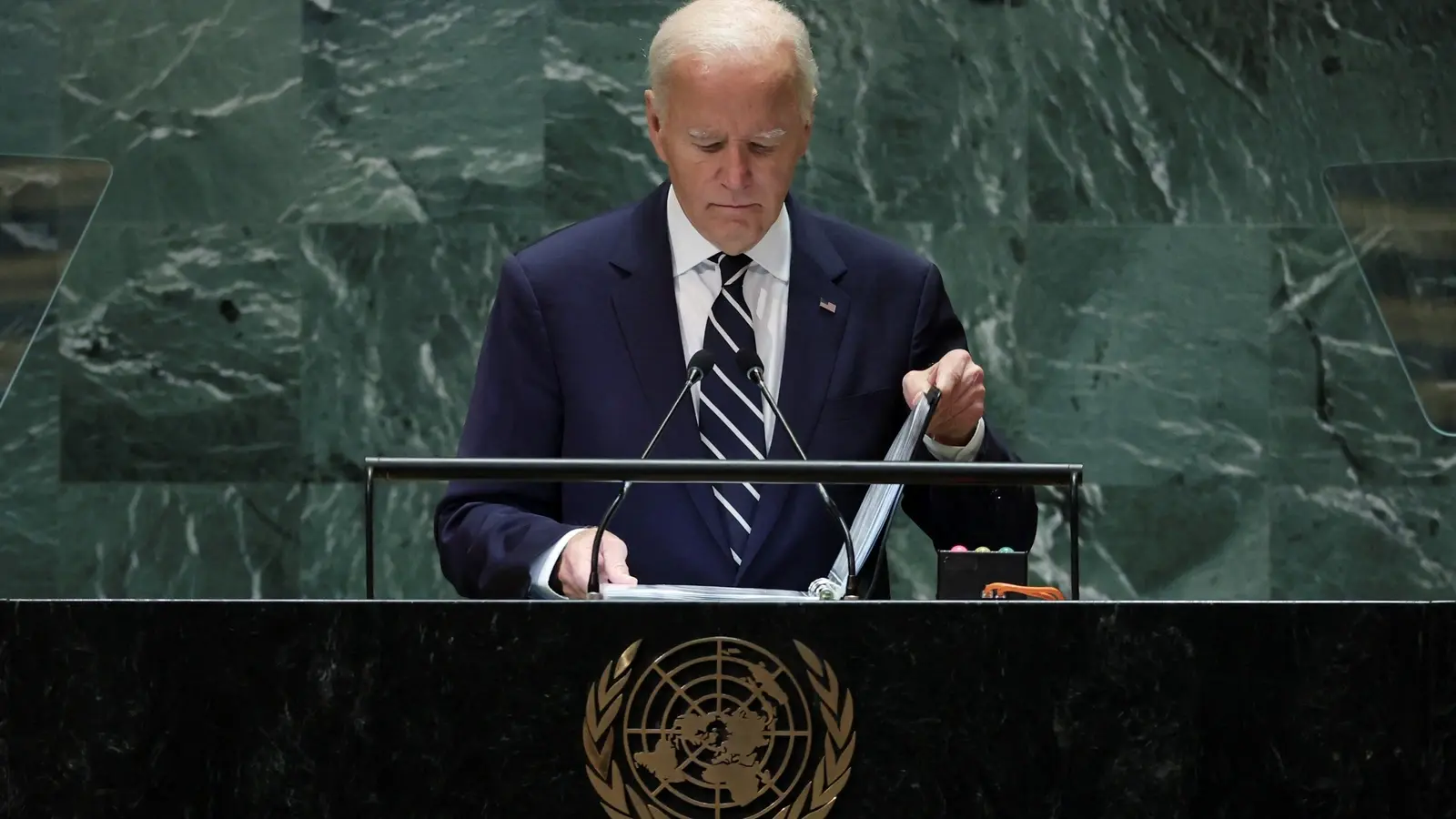 Biden Administration to Back UN Cybercrime Treaty Amid Controversy
Biden Administration to Back UN Cybercrime Treaty Amid Controversy Senate Urges Domain Registrars to Combat Russian Election Interference
Senate Urges Domain Registrars to Combat Russian Election Interference Sudanese Nationals Charged in Global Cyberattack Campaign
Sudanese Nationals Charged in Global Cyberattack Campaign NordVPN Introduces Quantum-Resilient Encryption
NordVPN Introduces Quantum-Resilient Encryption Over 2 Million VPN Passwords Compromised by Malware Attacks
Over 2 Million VPN Passwords Compromised by Malware Attacks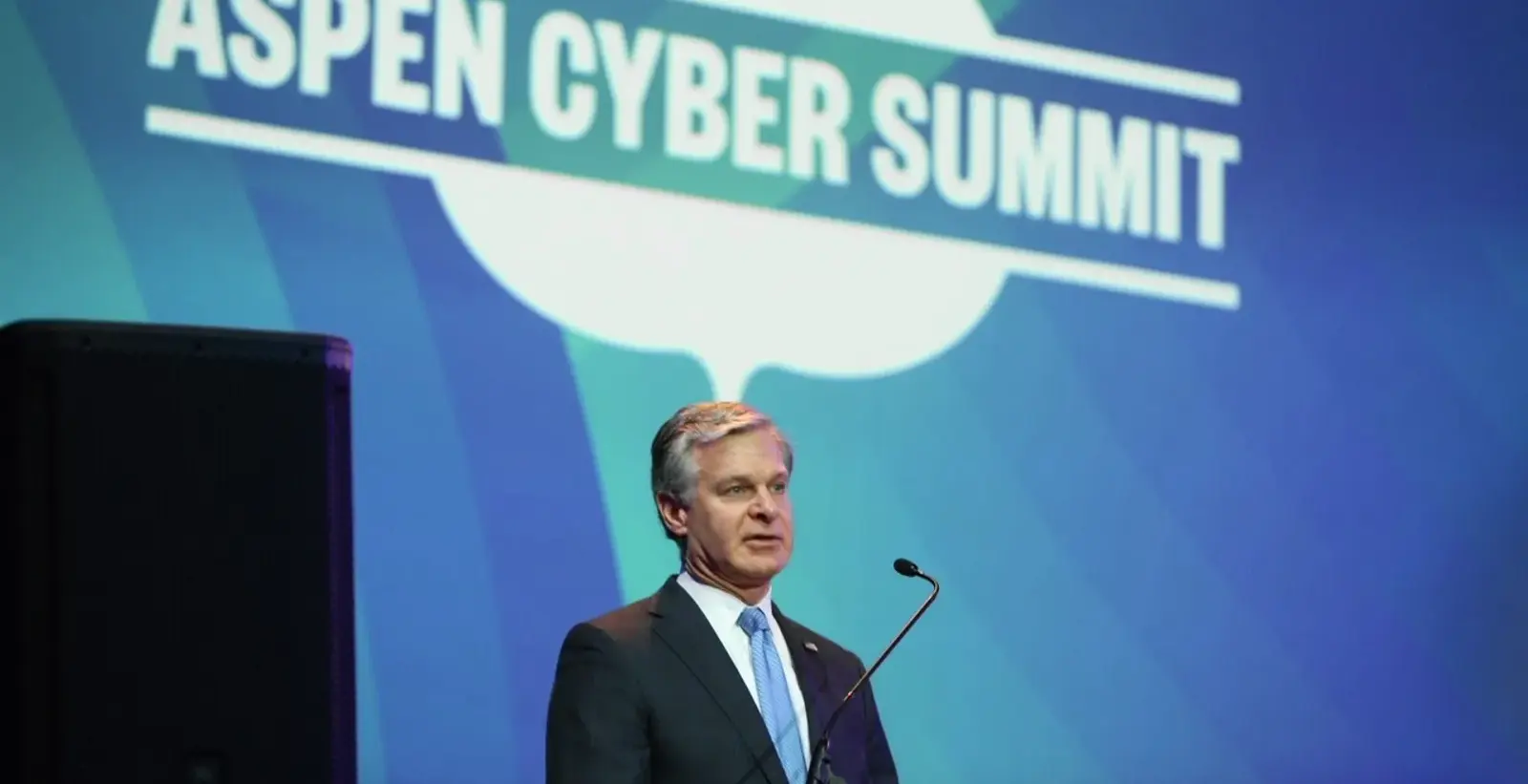 FBI Takes Down China-Backed Botnet, Facilitates Ransomware Negotiations
FBI Takes Down China-Backed Botnet, Facilitates Ransomware Negotiations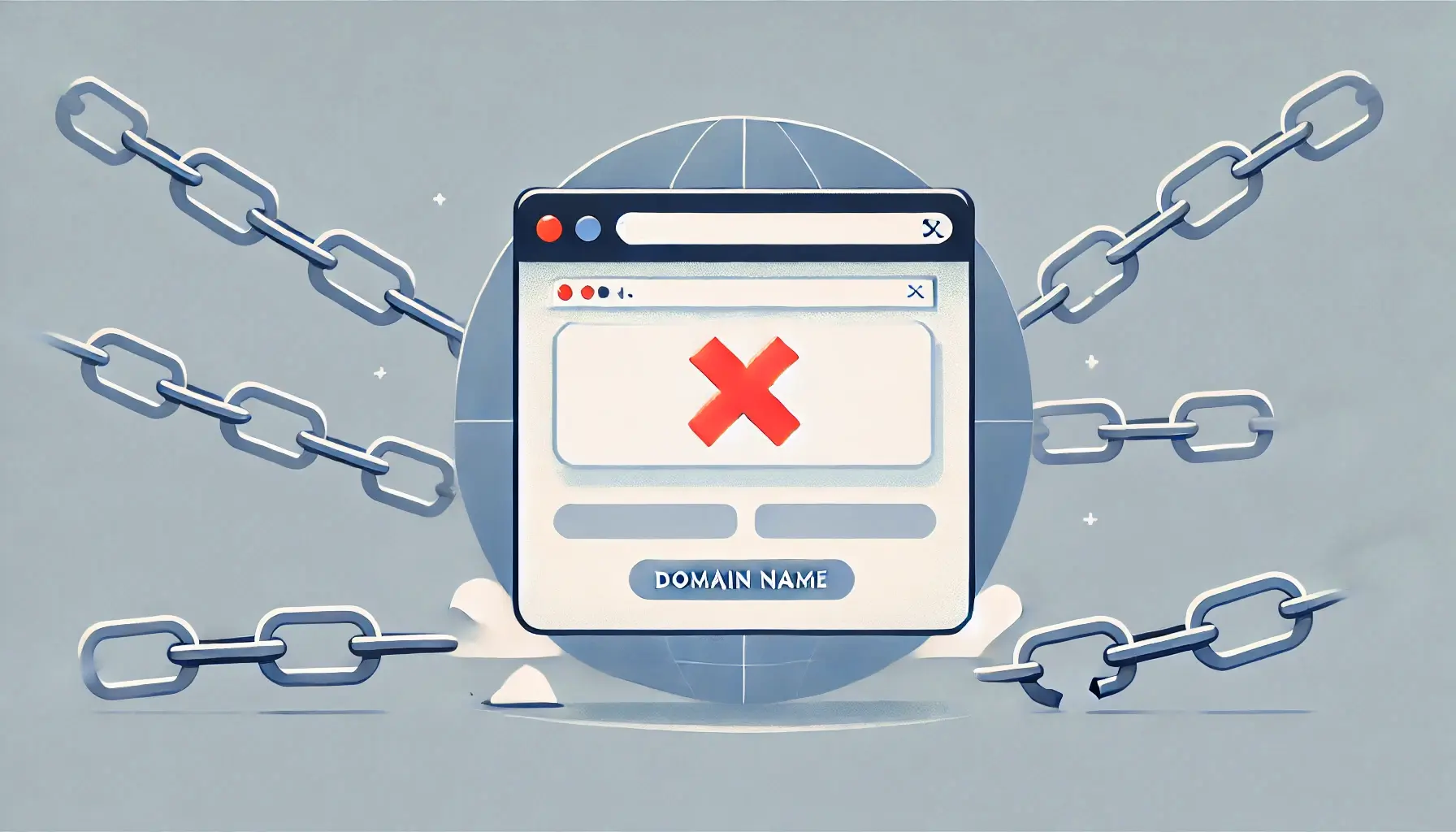 Internet Domain Shutdowns: Ineffective and Risky, Experts Warn
Internet Domain Shutdowns: Ineffective and Risky, Experts Warn Kaspersky Lab to Shut Down U.S. Operations Amid Federal Ban
Kaspersky Lab to Shut Down U.S. Operations Amid Federal Ban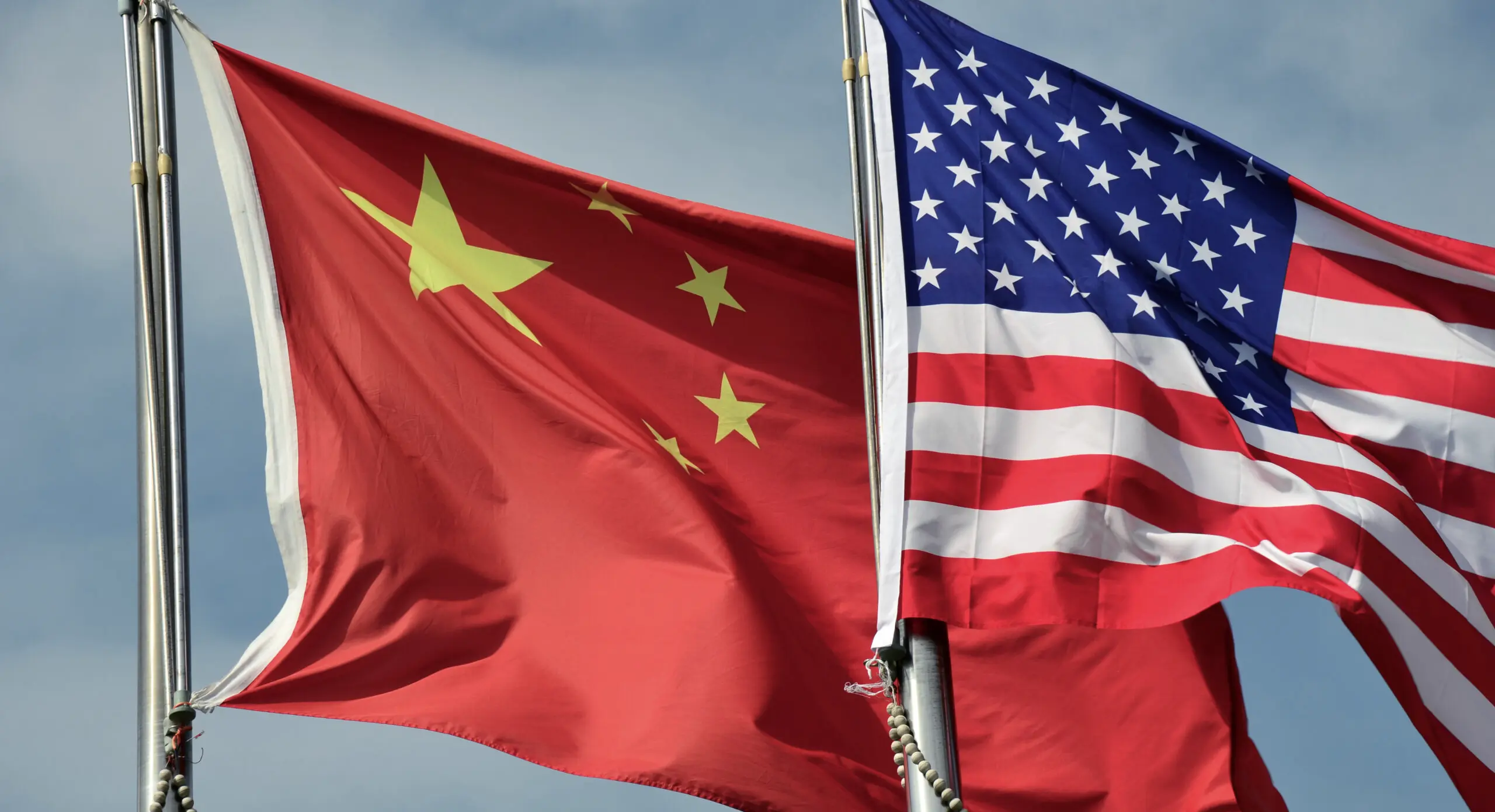 Biden Administration Probes Chinese Telecom Firms Over U.S. Data Security Concerns
Biden Administration Probes Chinese Telecom Firms Over U.S. Data Security Concerns Biden Administration Bans Kaspersky Software Over National Security Concerns
Biden Administration Bans Kaspersky Software Over National Security Concerns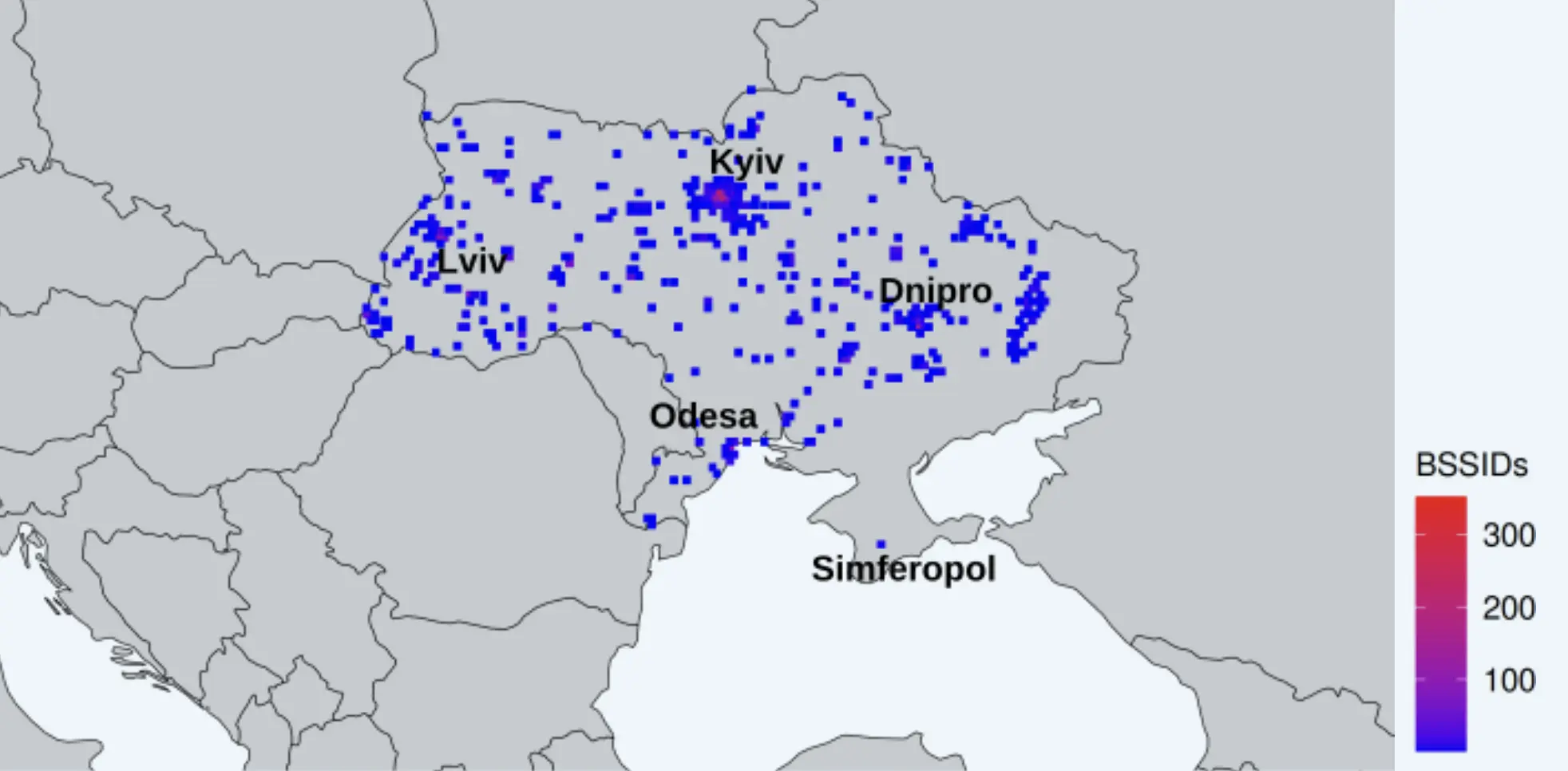 Researchers Expose Privacy Risks in Apple and Starlink’s Geo-Location Data, Uncovering Military and Civilian Tracking
Researchers Expose Privacy Risks in Apple and Starlink’s Geo-Location Data, Uncovering Military and Civilian TrackingAddressing DNS abuse and maintaining a healthy DNS ecosystem are important components of Verisign's commitment to being a responsible steward of the internet. We continuously engage with the Internet Corporation for Assigned Names and Numbers (ICANN) and other industry partners to help ensure the secure, stable and resilient operation of the DNS. more
Verisign just released its Q2 2018 DDoS Trends Report, which represents a unique view into the attack trends unfolding online, through observations and insights derived from distributed denial of service (DDoS) attack mitigations enacted on behalf of customers of Verisign DDoS Protection Services. more
Currently scheduled for October 11, 2018, the Internet Corporation for Assigned Names and Numbers (ICANN) plans to change the cryptographic key that helps to secure the internet's Domain Name System (DNS) by performing a Root Zone Domain Name System Security Extensions (DNSSEC) key signing key (KSK) rollover. more
Verisign has released its Q1 2018 DDoS Trends Report, which represents a unique view into the attack trends unfolding online, through observations and insights derived from distributed denial of service (DDoS) attack mitigations enacted on behalf of Verisign DDoS Protection Services, and security research conducted by Verisign Security Services. more
As DNS attacks grow in frequency and impact, organizations can no longer afford to overlook DNS security as part of their overall defense-in-depth strategy. As with IT security in general, no single tactic can address the entire DNS threat landscape or secure the complete DNS ecosystem. more
Verisign has released its Q4 2017 DDoS Trends Report, which represents a unique view into the attack trends unfolding online, through observations and insights derived from distributed denial of service (DDoS) attack mitigations enacted on behalf of Verisign DDoS Protection Services and security research conducted by Verisign Security Services. more
Cybercriminals recognize the value of DNS availability and look for ways to compromise DNS uptime and the DNS servers that support it. As such, DNS becomes an important point of security enforcement and a potential point in the Cyber Kill Chain for many cyber-attacks. more